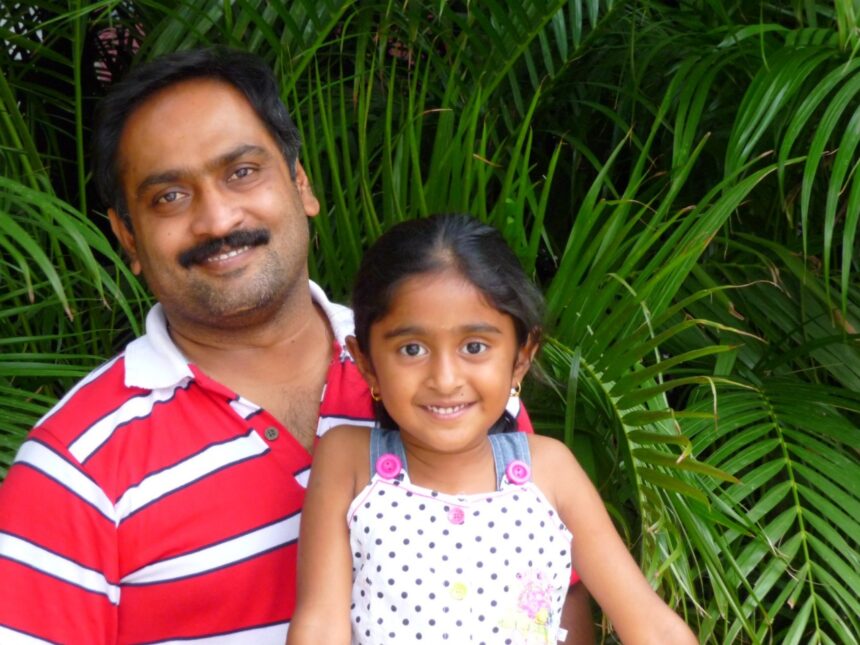Dr. Ajay Prakash Pasupulla stands at the forefront of transformative research in oral health and forensic science, spearheading ground breaking discoveries that redefine our understanding of disease pathology and forensic investigations. Hailing from Vijayawada, India, Dr. Ajay Prakash’s academic journey is characterized by a relentless pursuit of excellence and a passion for innovation.
Under the mentorship of esteemed scholars such as Professor B.Sivapathasundharam and Professor Anjali A. Karande and Dr. GV Rao, chief staff Scientist , Dr. Ajay Prakash embarked on a journey of exploration at renowned institutions like the Indian Institute of Science and the Centre for DNA Fingerprinting and Diagnostics. His pioneering investigations into P53 expression in head and neck cancer and DNA fingerprinting techniques applied, for Amelogenin gene typing and HLA DQ gene typing , to human dental pulp have garnered international acclaim for their ingenuity and impact.
As a trained oral pathologist and oral oncologist, Dr. Prakash’s research focuses on unravelling the complex interplay between normal and cancerous cells. His studies have elucidated the role of Langerhans cells in oral mucosa, oral lichen planus, and oral squamous cell carcinoma, shedding light on crucial mechanisms underlying tumour progression and prognosis. Additionally, his work on p53 expressions in oral squamous cell carcinoma and pre-cancerous lesions holds promise for improving therapeutic interventions and patient outcomes.
Dr. Prakash’s contributions extend beyond traditional pathology, encompassing the realm of forensic dentistry. His pioneering research on the scorching effects of heat on extracted teeth and the unique patterns of lip prints (cheiloscopy) has advanced forensic investigative techniques, facilitating victim identification and enhancing forensic methodologies.
Through his visionary leadership and unwavering dedication, Dr. Ajay Prakash Pasupulla continues to push the boundaries of oral health research and forensic science. His innovative approach to scientific inquiry inspires collaboration and drives progress, shaping the future of both fields and paving the way for improved patient care and forensic investigations.

